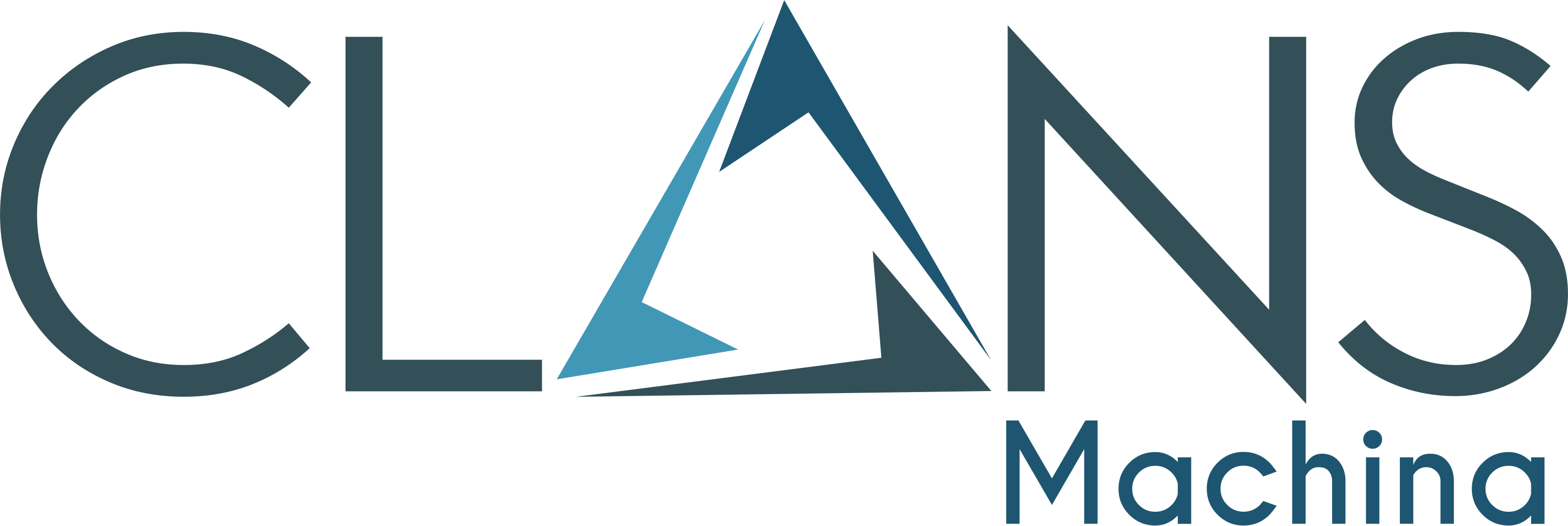FAQ's
What type of drive system is recommended for my specific project based on floor travel?
Options include holeless hydraulic, in-ground hydraulic, traction, machine roomless and roped hydraulic. Each type has a price and a length of travel they are usually recommended for. Avoid being pigeonholed by choosing a company that can’t provide all types of elevators. Also, any quality elevator consultant or elevator company should be able to help you determine the best option.
Are the various parts of the elevator proprietary?
Proprietary parts can mean short-term savings but long-term headaches. It is best to avoid them if possible and purchase an elevator with non-proprietary parts.
Who will complete the installation and who will perform the maintenance once it is installed?
When thinking about purchasing an elevator, a maintenance agreement has to be part of the thought process. Go over the contracts with a fine tooth comb and realize many have clauses that are five-year deals with automatic increases built in. Terms of contract that you should look at before you buy.
What is the price of the elevator and what is the anticipated annual cost of maintaining the elevator?
Depending on the type of conveyance for the elevator and usage, annual costs will vary.
What information should I look for before buying my elevator ?
With this in mind, we have compiled information to keep in mind when thinking about purchasing any type of vertical transportation, whether it be a Traction or Hydraulic elevator. The first list is information that you should acquaint yourself with before starting the purchasing process, while the second list is a set of questions to consider when talking with an elevator company.
-
Assess your needs. Why do you feel you need an elevator? One common reason we hear is to comply with current building codes, but beyond that, what are you hoping to accomplish with an elevator?
-
Think hard about use. Do you see the elevator being used for passenger traffic, freight or both? How often do you think it will be used and for what purpose? Is an elevator wanted or even required?
-
Where will the elevator be placed? An elevator is no small item. In most cases, it is the largest moving object in any building and it takes up significant space. It is not just the shaft or hoistway; there also has to be some sort of machine room unless utilizing a machine roomless system. Elevators can be on the outside of the building or in an internal space. You should also prepare yourself for the bad news that it won’t work where you want it to go. Help from a consultant, architect or local elevator company may come in handy.
-
Learn some basic terms. On the surface, elevators seem easy enough. You push a button and the door opens, you push another button and it takes you to your floor. However, there is a catalogue of Terms that apply specifically to the elevator industry. To have an initial conversation, you need to understand basic terms like travel distance, hoistway, car or cab, hall call and stops.
-
Before you call, know how many stops the elevator will have and whether the doors are inline (all on the same side) or front and back.
-
Consider the overall timeline for completion. Sometimes it makes little difference, for other elevator companies it takes around 3-4 Months. But with clans machina , the same elevator can be manufactured and installed in 6 weeks or less.
-
Lastly, consider the design of the elevator. Stainless steel is common, but several design options are available.

